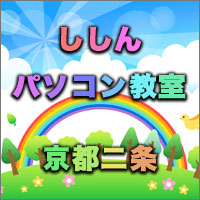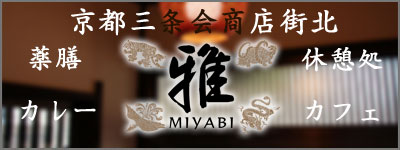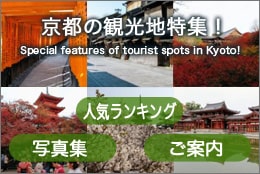2. living with the Buddha’s teachings as our support – Buddha’s Earthly Sacred Tolerance – Part 2
Posted date:2022-06-16Author:じゅうべい(Jubei) Transrator:ポンタ(Ponta)
Category:1. The way of Buddha - Paradise of Compassion, the Great Nyoraiyura Pure Land , A Pilgrimage to the Ultimate Paradise on Earth: A Symbiotic Society of Wisdom and Compassion
広告
adsense4
The latter part: To live making the teachings of the Buddha one’s supports part 2
-The Buddhist way of mind, and the four graces, the ten goods, and the-
In regard to the Buddhist way of mind in our daily life, the following ways are shown.
Any human being can become a Buddha with effort.
Free yourself from all bondage by your own efforts and intelligence.
You have to make your own way.
Doubt is an obstacle to a clear understanding of truth and to mental progress.
If you really want to make progress, you have to eliminate doubt.
And to eliminate doubts, it is necessary to see things with clarity.
Do not slander other religions by adhering only to your own.
Other religions should also be respected.
In doing so, you will not only grow your own religion, but also serve other religions.
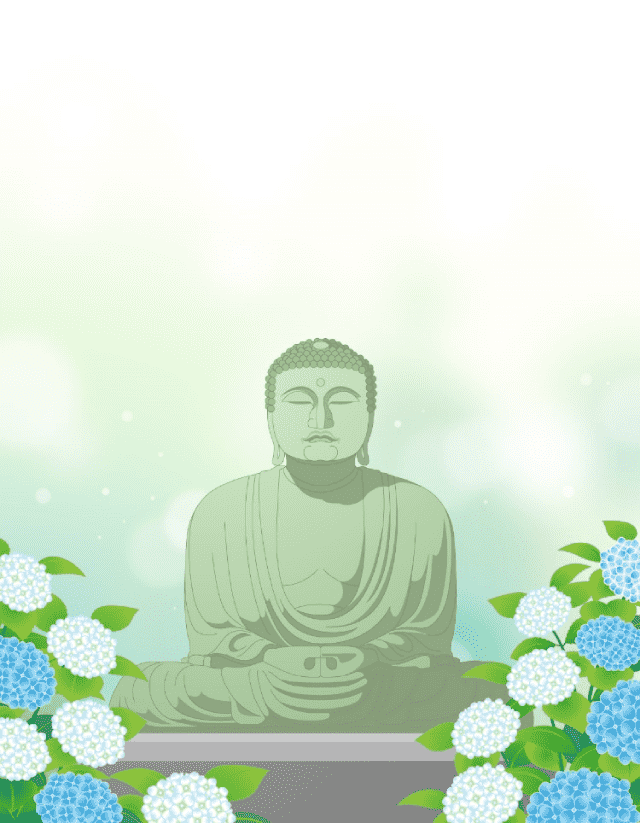
Discriminatory and bigoted names hinder each person’s understanding of the truth and create harmful prejudice in people. What is important is not to name and discriminate against truths, people, etc., but to see and understand the truth.
What is important is “seeing”, knowing, and understanding, not believing. The key is not to believe through faith, but to see through knowledge and wisdom. And do not adhere to one teaching and condemn another.
adsense2
And there is another teaching that people cherish. It is that all of us are not absolutely living on our own in this world. We are the entities that are alive always supported by four favors.
One was born because of one’s father and mother, and one has been indebted to them for raising him or her since he or she was a small child.
It is not only about being a ruler, but also about a favor that protects social security.
We are indebted to all life. Not only human beings are important, but all other living creatures, mountains, rivers, plants, and trees, all live the same life and support each other.
The debt of gratitude to the Buddha, to the Dharma, which is his teaching, and to the priests who preach it. It is because of the three treasures that we are able to walk the path of ease.
All of us are constantly supported by these for blessings in our earthly lives. It is thanks to them that we are able to live in the present. That is why we must return the favor with the ten good deeds to all those who are indebted to us right now.

The Ten Goods, that is, to leave from the ten kinds of evil deeds in one’s surroundings, in one’s words, and in the workings of one’s mind.
One: Killing: To kill humans or creatures.
Two: Stealing: To steal properties of other people.
Three: Evildoing: To commit lewd and degrading acts against a person who is not one’s husband or wife.
Four: Delusion: to lie
Five: Double-tongued: a word that defames others and breaks up relationships.
Six: Swearing: words that annoy people. Coarse and rough language.
Seven: Kikigo: A word that comes out of one’s mouth and is not a good word.
Eight: Greed: Covetousness of one’s own desires (love, honor, etc.).
Nine: Foolishness: The inability to recognize the right way things should be because one is lost or misled.
Ten: Anger: To be angry and resentful of those who are different from one’s own mind.
To keep in mind the teachings of the Four Noble Truths of Buddha and cherish the three treasures of Buddha, Dharma, and monks. Then, by observing the six kinds of relationships in daily life and living each day with a Buddhist way of mind, we should repay the four blessings with the ten good deeds.
In this way, we live our daily lives with the teachings of the Buddha as our support.
The Buddha’s earth which is the foundation for all of this holy tradition.
The teachings were then passed on to the Buddha’s disciples and the history of life continued to be spun out.
Buddhist holy meaning: the Buddha’s earth
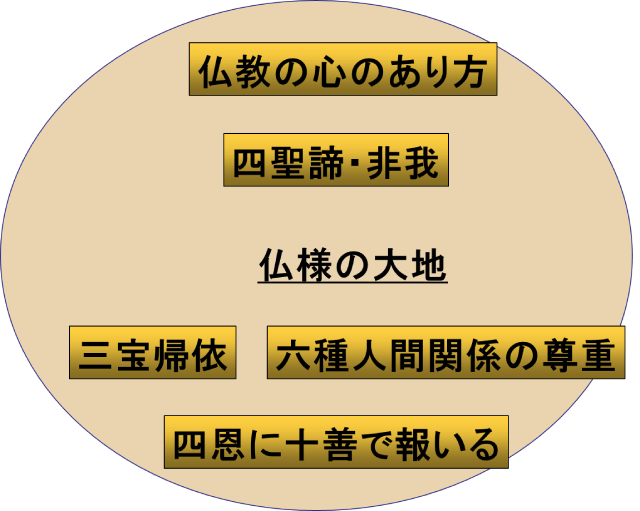
The Jodo world of Kegon, which unites all beings and aims for coexistence and co-prosperity, is constructed on this Buddha’s earth.
“Two: To live with the teachings of the Buddha as support: the Buddha’s earth” (completed)
Author
じゅうべい(Jubei)
Hello everyone. I am Jubei, an earthling whose energy does not stop today. What I like is playing (manga, movies, music (J-Rock, etc.) and visiting cafes). Thank you for your understanding.
